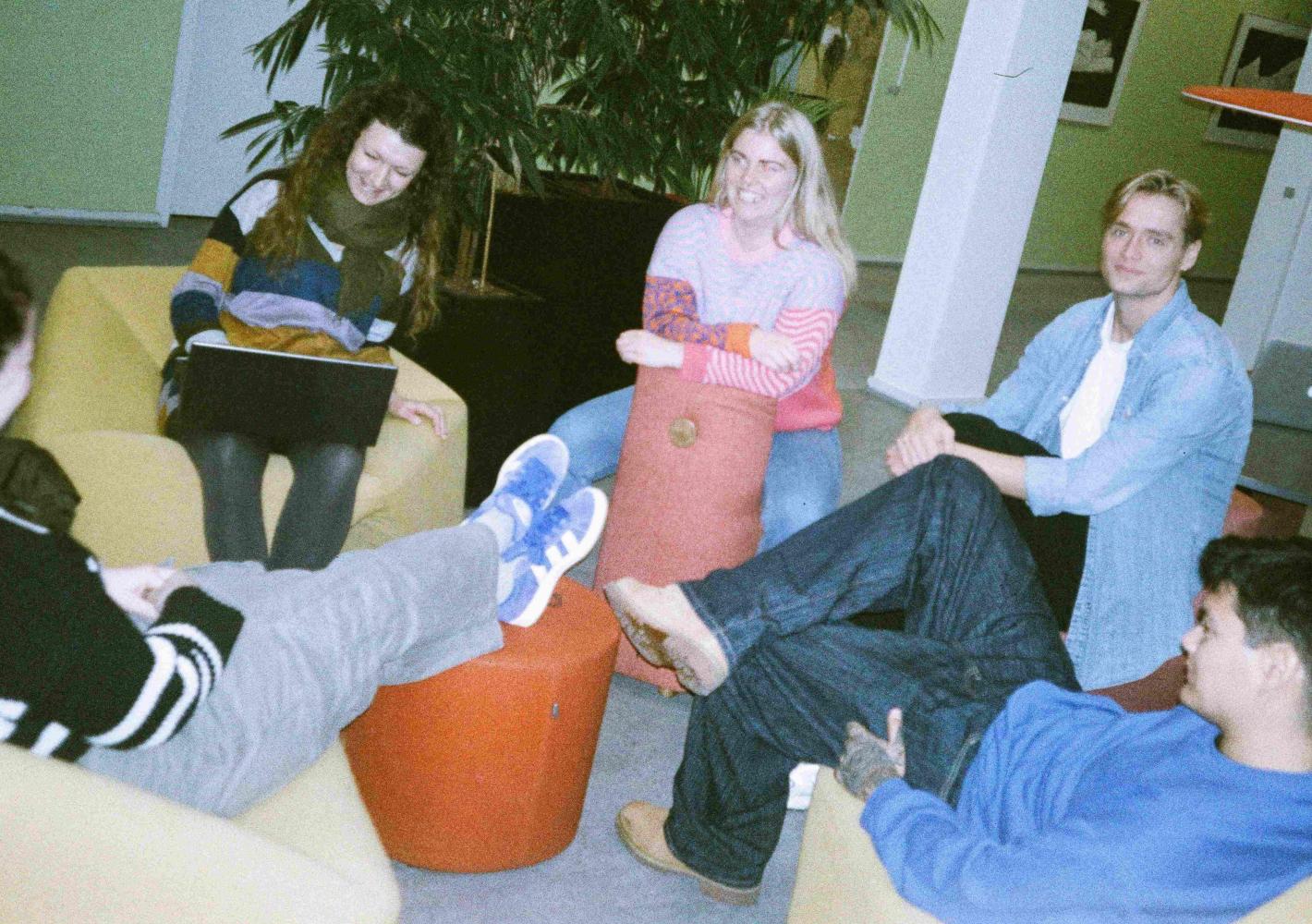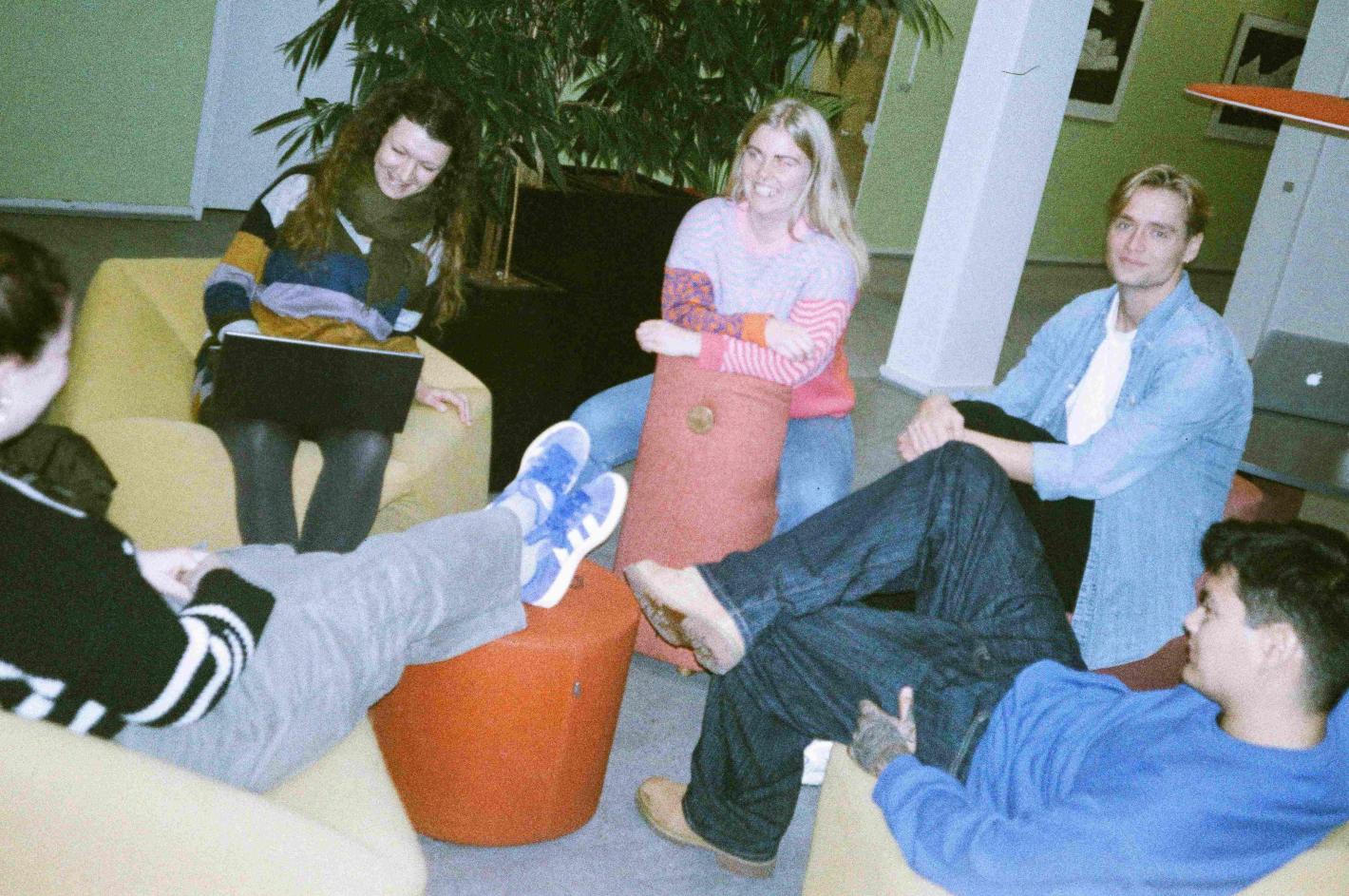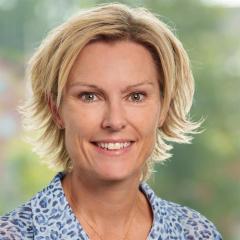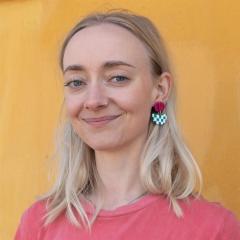


The Teacher Education covers Primary and Lower Secondary (ages 6 to 16 years old).
Campus Roskilde
-
Introduction to the Danish Teacher Education
We expect students to participate in our introduction week from February 2nd to February 6th. During this week, students will get knowledge of Denmark and Danish teacher education.
-
Week with Festival of Culture
A Festival of Culture is a week of working with aesthetic learning processes in “Body, movement and music” in the Danish School.
The purpose of the elective subject in the field of aesthetic learning processes, is for the student to gain experience and acquire knowledge about how and why creative, and innovative processes can be incorporated into teaching practice with the aim of enhancing students' learning, professional curiosity, versatile development, and formation.
The student acquires didactic and pedagogical knowledge through aesthetic, creative, and innovative working methods concerning how students' immersion, experiences, and desire to explore can be promoted. The student develops their teaching professionalism through experiences and reflections on application-oriented teaching and the knowledge forms of the aesthetic learning processes.
After participation and implementation of a week with embodiment teaching in playing music, dancing and singing the students get a diploma.
More information about the week in the introduction week.
Choose between following courses:
-
Teaching English as a second language I
10 ECTS credits. The module language is primarily English.
This course works with English as a second language: language and language use, language acquisition and communicative skills, and culture and society.
The focal point for the course is the didactics of second language acquisition and culture wherefore students work with developing practical elements such as learning activities, lesson plans, frames for feedback and scaffolding.
The course works with converting theory into practice and is therefore practical oriented.
This course is the second semester of English as a teaching subject.
-
Teaching English as a second language II
10 ECTS credits. The module language is primarily English.
In our student charter the subject of English is a total of 50 ects divided into 5 semesters in total of 10 ects each. “Teaching English as a second language I” is the second module of Danish students choosing English as their main subject.
We can also offer “Teaching English as a second language II” if you need a total of 20 ects in English.
“Teaching English as a second language II” is the fourth semester of Danish students choosing English as their main subject.
-
German as a foreign language
10 ECTS credits. The module language is primarily German.
We might be able to offer German for 10 ects but ask the international coordinator first as this module might not run.
In this module you work with theoretical, practical and profession oriented approach to oral and written communication. This module works with the following questions: What is language? What is interlanguage? How to teach linguistic elements? The focal point is communicative competence in relation to the subject of teaching German as a second language including view on language and language acquisition.
-
Outdoor Schooling
10 ECTS credits. The module language is primarily English.
This course is about nature, outdoor living and exploring nature in a learning perspective. The course consists of fundamental knowledge of nature as well as knowledge about nature as a room for experiences, physical activities, challenge and learning to many of the school’s subjects. The nature and outdoor living works as a room for learning where pupils can develop individual competences and skills and where pupils are challenges physically and mentally.
-
Danish School Culture and Internship
10 ECTS credits. The module language is primarily English.
In this course, we will go on different field trips to e.g. museums and other sights. The course is a change for you to get an insight in Danish culture but also about how culture and cultural institutions is often implemented in the Danish school as part of given school subjects and children’s general education in school.
The course also give students an opportunity to do shorter periods of internship in a Danish school. Teaching language can be either English og Scandinavian.
In the course ‘Danish School Culture and Internship’, students must work with individual portfolios and at the end of the course there will be an oral exam with point of departure in student’s portfolios.
-
Introduction to the Danish teacher education
We expect students to participate in our introduction week from February 2th. During this week, students will get knowledge of Denmark and Danish teacher education.
Choose between following courses:
-
History
10 ECTS credits
99. History
Purpose of the subject
The purpose of the teaching subject history is for the student to grow through historical and didactical knowledge and skills converted and developed during school practice, in accordance with the objectives of the school. History includes interpretation of human life in time and space, as individuals and community, in culture and nature.
The student works both critically and constructively with historical interpretations, with theory and with method from scientific subjects and didactics in order to develop historical perspectives, gain insight into life and worlds, and qualify the historical conscience and contemplation on the use of history for comprehension on how the teaching subject can strengthen the democratic, critical and constructive position of pupils and their comprehension of the meaning of sustainable social change.
-
Special Needs
10 ECTS credits
109. Special needs education
Purpose of the subject
The purpose of the teaching subject special needs education is to develop the student’s professional qualifications for planning, developing and providing guidance about inclusive special needs education to support the participation and learning of all pupils in school, regardless of learning qualifications, disabilities or vulnerabilities.
The subject contributes with knowledge on special participation and learning qualifications as well as contextual terms in order for the student to be able to make well-founded decisions related to teaching and action plans, and thereby ensure that individual pupils to the extent possible can remain part of their existing learning communities.
The student works with the acquired insights into special needs education in ways that qualify the student’s didactical action competences for planning inclusive professional and social communities.
-
Math
10 ECTS credits
104.1 Local academic description of Mathematics 1st to 6th form
Description of the subject’s main elements
The purpose of the subject mathematics 1st to 6th form at Absalon is for the student to gain knowledge, skills and competences in order to be able to plan, implement and evaluate mathematics teaching in the 1st to 6th form. The teaching takes an examining approach that challenges the student’s curiosity and acquisition of a deep conceptual understanding of the content of mathematics.
The topics, core practices and mathematical competences should be substantiated by relevant and up-to-date theory within mathematic-didactical research. Please refer to the semester plan and exam description for a detailed description of subject progression and coherence.
Housing
Please note, that University College Absalon does not offer housing for exchange students in Roskilde and that housing in Vordingborg is limited. It is therefore the student's own responsibility to find accommodation.
Read more about finding accommodation in Denmark here.

